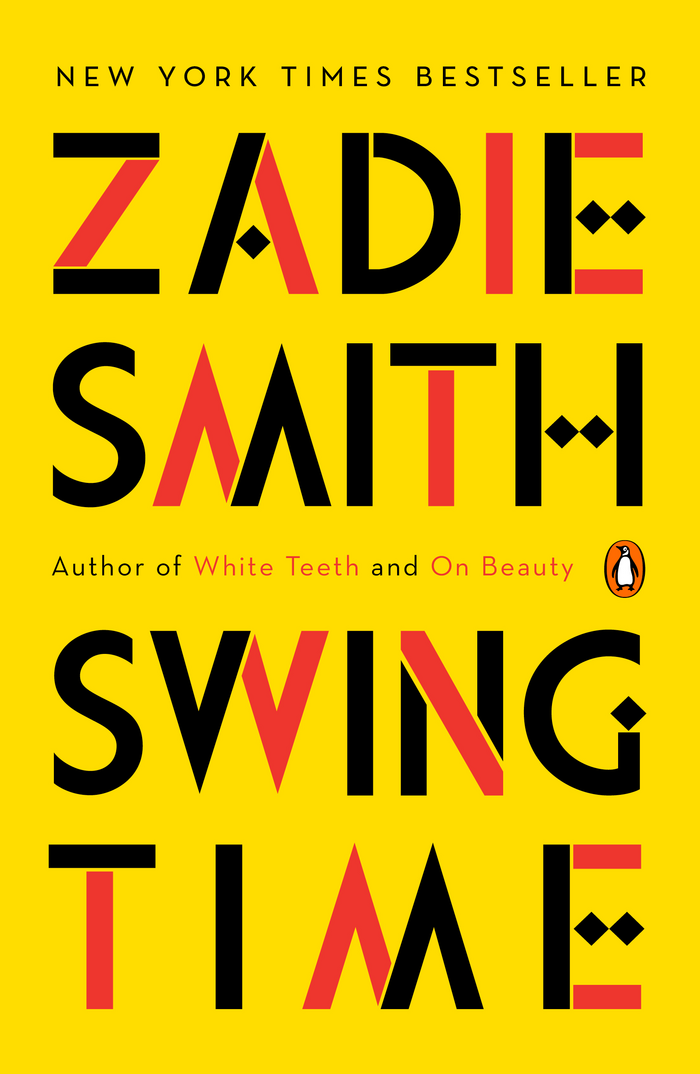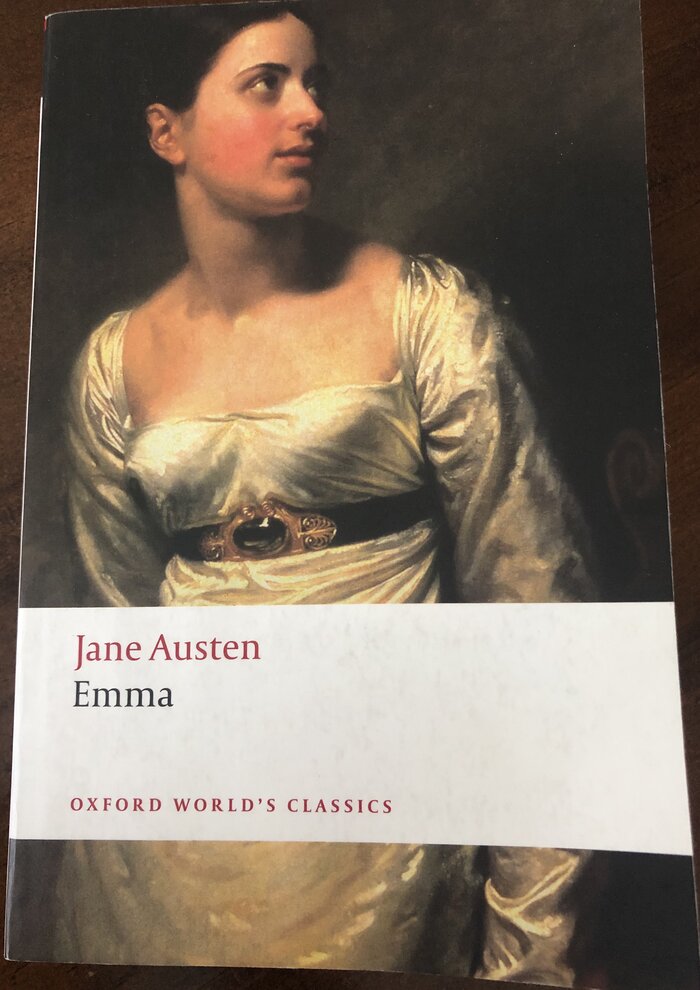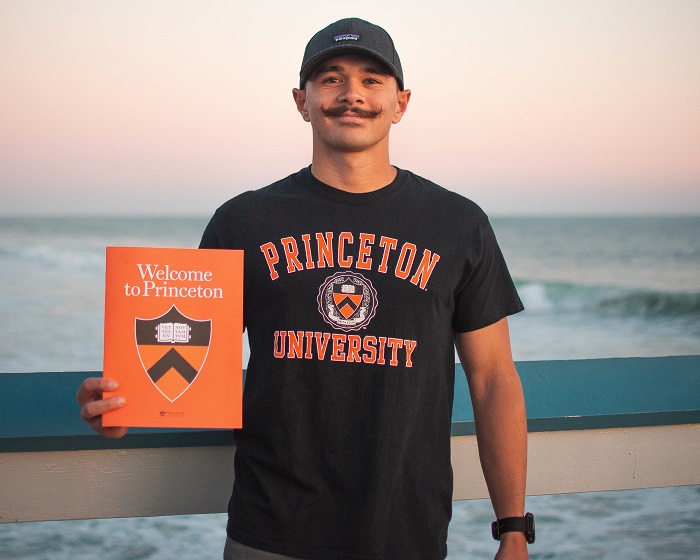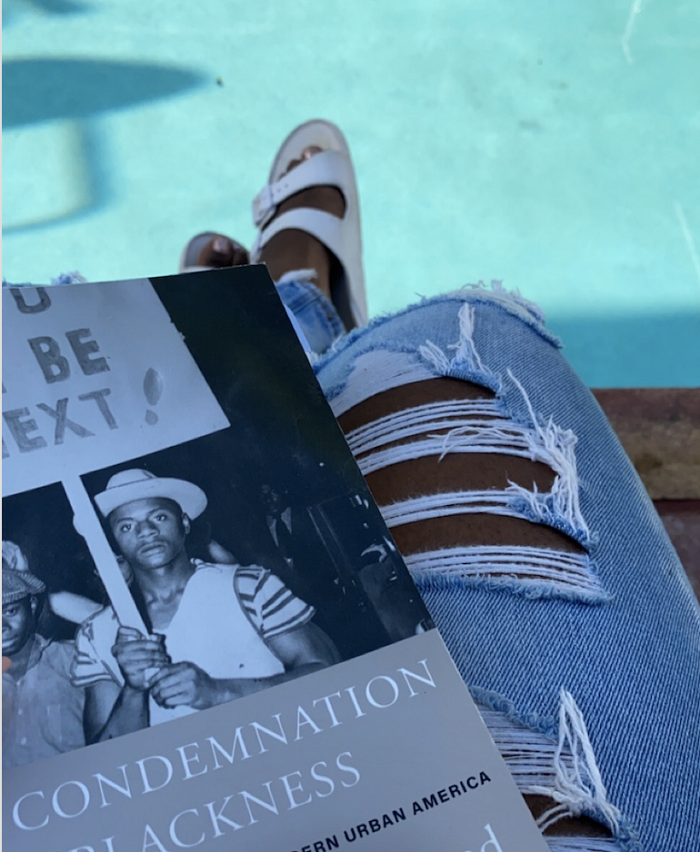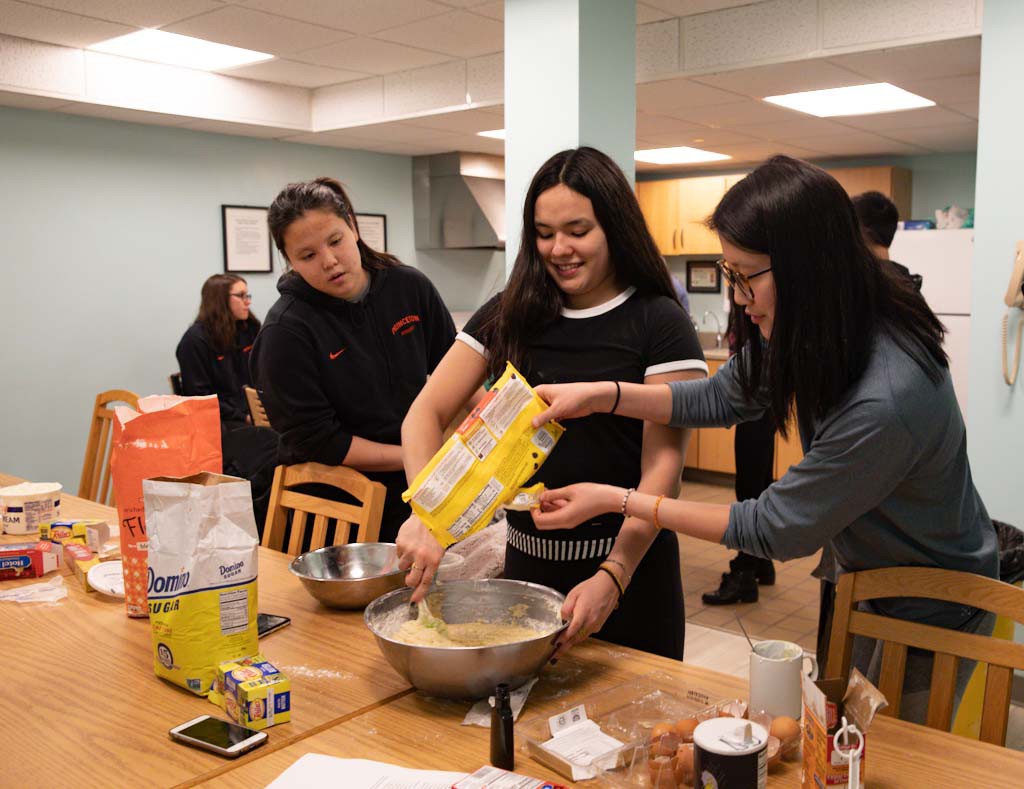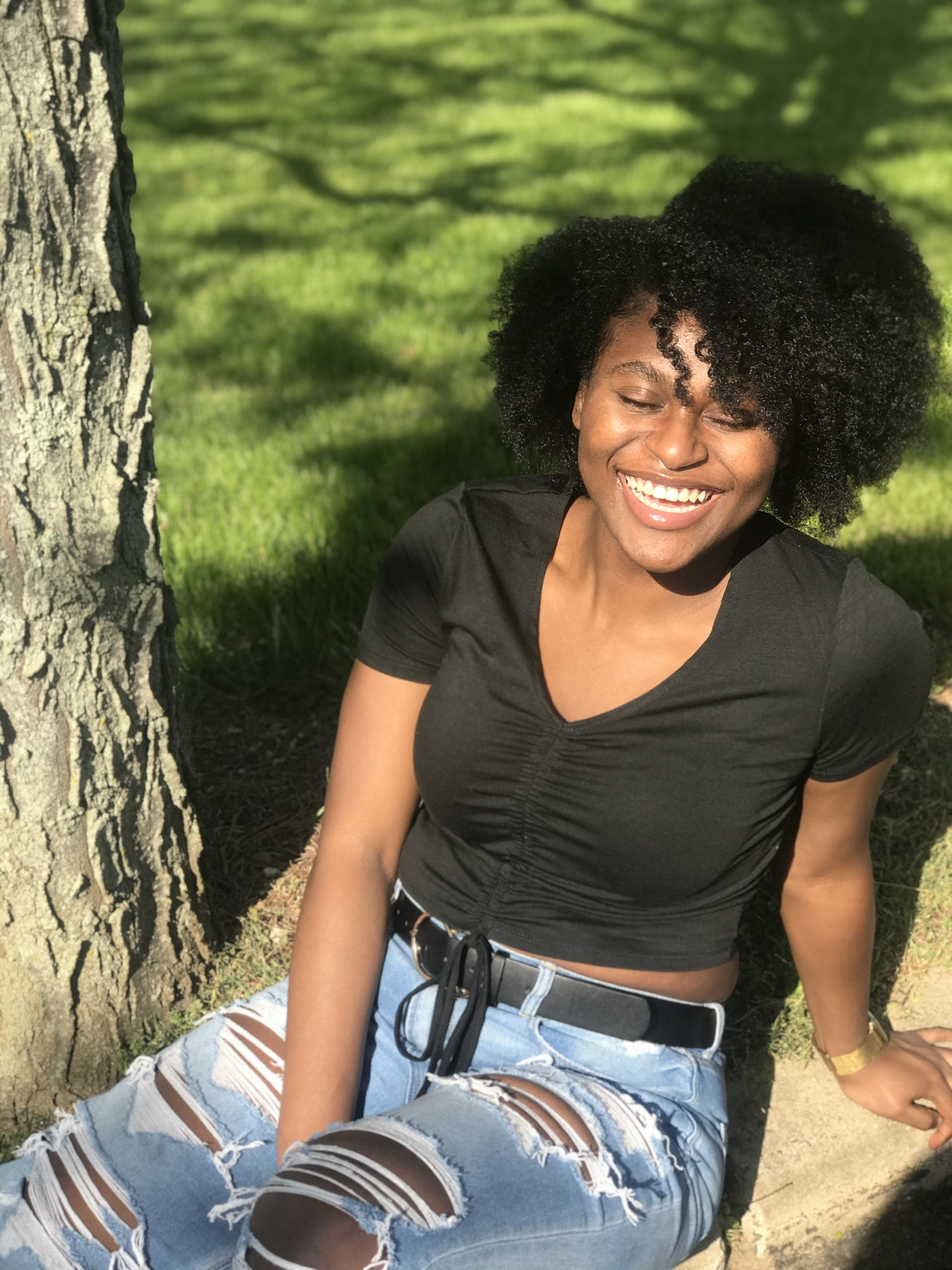The Black Student Union hosted a Black Alumni Panel via Zoom that gave recent alumni a chance to talk to current undergrads about what life is really like fresh out of Princeton’s ‘orange bubble.’ Edwin Coleman ‘19, Pablo Vasquez ‘18, Alexandria Robinson ‘17 and McKalah Hudlin ‘20 shed light on important issues such as work-life balance and future planning during the panel discussion. Below are a few notes, paraphrases and points I took down during the panel. I unfortunately do not have them accredited to specific people, but all were words of wisdom that the alumni shared with us. This event was sponsored by the Carl A Fields Center for Equality and Cultural Understanding.
Some of the advice they shared for Princeton students:
- Know your values.
- List out things that bring you joy and actively work towards including them in your week.
- Pour into yourself.
- Make sure you experience college; take time and look around; use the resources available; take advantage of once-in-a lifetime opportunities.
- Princeton teaches you how to look tough deadlines in the face, and navigate them with less discomfort.
- We are able to navigate places like Princeton after we graduate with a little more ease.
- Be resilient and take more care of your mental health.
- We need to unlearn equating our value with productivity.
- Find your academic niche.
- Post college, lean in on the discomfort of being alone.
- What’s your unique perspective?
- For interviews and applications: know your skills, and what void you will fill in the industry.
- After college, if you seek community, create it.
- Set clear boundaries and expectations.
- If time and money weren’t factors, what would your dream job be? Lean into that dream.
From wise alumni, these words are here for prospective students to think through and truly reflect as they enter this space. Remain true to yourself, take advantage of opportunities and be an involved undergraduate. These words have reshaped my views on Princeton life and allowed me to see beyond my homework and assignments as a third year, and I hope prospective students can come to college with these words in mind, using them as a guide.







